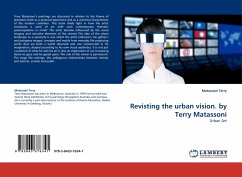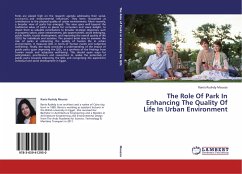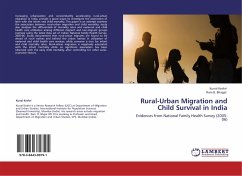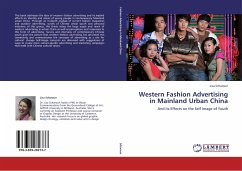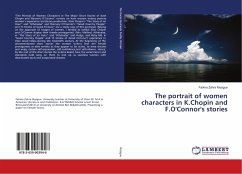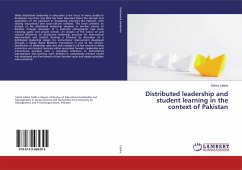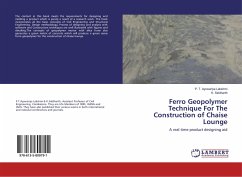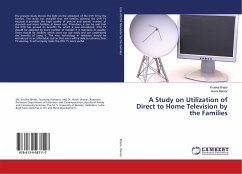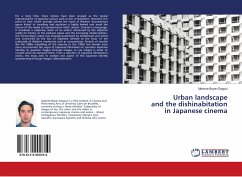
Urban landscape and the dishinabitation in Japanese cinema
Versandkostenfrei!
Versandfertig in 6-10 Tagen
27,99 €
inkl. MwSt.

PAYBACK Punkte
14 °P sammeln!
For a long time, Ozu's movies have been praised as the typical representation of Japanese culture such as Zen or Buddhism. However, this point of view which strongly echoes the roots of Western documentary genre linked to travelling and exoticism is highly limited and avoid the nature of the media of representation itself: cinema. Cinema is a language. It translates a subjective vision of an author influenced by the objective reality he frames. In the postwar Japan and the increasing modernization, this "picturesque" Japan was strongly questioned by intellectuals and artists very concerned by ...
For a long time, Ozu's movies have been praised as the typical representation of Japanese culture such as Zen or Buddhism. However, this point of view which strongly echoes the roots of Western documentary genre linked to travelling and exoticism is highly limited and avoid the nature of the media of representation itself: cinema. Cinema is a language. It translates a subjective vision of an author influenced by the objective reality he frames. In the postwar Japan and the increasing modernization, this "picturesque" Japan was strongly questioned by intellectuals and artists very concerned by the loss of Japanese identity at the favor of the underside of Western modernity such as consumerism. Periods of trouble like the 1960s' rebuilding of the country or the 1990s' lost decade even more accentuated the urges of Japanese filmmakers to question Japanese identity, to question images through images, to use images in order to unravel what lies beneath them. From a selection of Japanese filmmakers's works, this essay aims to analyze one aspect of this Japanese identity questionning through images: disinhabitation.



